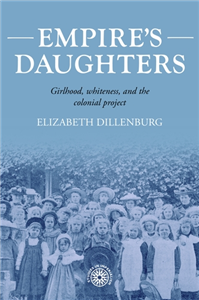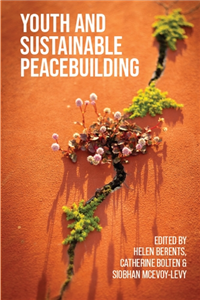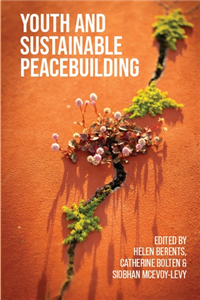Britannia's children
Reading colonialism through children's books and magazines
by Kathryn Castle
Britannia's children looks at the roots of society's perception of racial difference through the establishment and diffusion of the image of imperial peoples in the period before and after the First World War. Focusing on materials produced for children, by textbook historians and the popular press, it provides an important study of both the socialisation of the young and the source of race perceptions in twentieth-century British society. Britanina's children introduces the reader to the imperial images of the Indian, African and Chinese - created for the youth of Britain through their history textbooks and popular periodicals. By close study of the characterisation of the 'other', shaped in this era, one can see how the young learned of racial difference which would influence many generations to follow. This revealing book shows how society secures the rising generation in the beliefs of the parent society, and how the myths of race and nationality became an integral part of Britain's own process of self-identification. Written for historians, educators and a wider audience with an interest in the issues of race and society, this book makes important reading for those who wish to understand both the popularisation of the imperial idea and the legacy of its workings in contemporary society.








